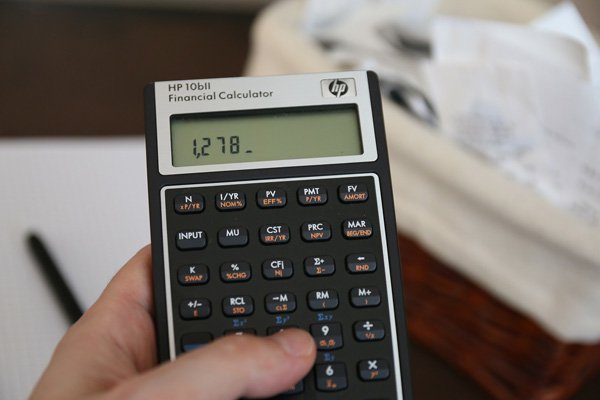
The answer to this question largely relies on the type of advisor the business has chosen for its tax preparation service. Many at times, small businesses spend big bucks on tax advisors in hope of getting the best out of them. But to the contrary, it is disappointment that will haunt them at the end of the day. In reality, many business owners end up picking the wrong tax advisors, CPA’s or would have opted for the services of an inefficient tax preparation agent. The resultant outcome is the zero savings on tax, which the business owner wouldn’t have ever dreamt off.
A right tax advisor or tax preparation agent will help you save thousands of dollars, if it in case of a wrong one, you are going to be over killed.
Here we propose some Nine Tips that needs to be followed for choosing an efficient Tax Advisor.
- Verify the credentials of Preparer’s Qualification:
As part of the new regulations framed by IRS, tax preparers should possess a Preparer Tax Identification Number. Check whether the tax preparer is affiliated to any professional body and does attends continuing education classes. Those who are not an enrolled agent, Certified Public Accountant or an attorney will soon be subjected to a test, as part of the minimal competency requirements. Upon successfully clearing the test, they will become a Registered Tax Return Preparer.
2.Verify the preparer’s history
It is your unbound duty to check if the preparer has a questionable history with the Better Business Bureau, and also check for any pending disciplinary actions, and licensure status by approaching the state boards of accountancy for certified public accountants.
3.Know their Service fees
At any cost don’t tie up with preparers who charge fee based on your refund or with those who claim that they can obtain larger refunds. Please make it a point in ensuring that any refund due is deposited into an account in your name. Never accept whole or part of refund to be deposited in tax preparer’s bank account.
4.Check for electronic filing
Ensure that your tax preparer files tax returns electronically, as filing of more than 10 returns per client should be done only through e-filing.
5.Check the availability of Tax Preparer
Find whether you will be able to contact the tax preparer after filing of returns, that too even after April due date, in case of any clarifications.
6.Handover all Records and Receipts to prepare your return
Submit all your records and receipts to the tax preparer and check whether the preparer asks multiple questions on total income generated, expenses incurred, deductions and other items. In this way you can identify the trust worthiness of your tax preparer. Say NO to preparer who is ready to file your return before you receives Form W-2 using your last pay stub.
7.Don’t sign a blank return
Don’t opt for the service of a tax preparer who requests you to sign in a blank tax form.
8.Verify the entire returns before signing it
Before giving the final go-ahead to file, review the entire return form. Ask questions if in case of any clarifications and make sure you understand everything. Be comfortable with the accuracy of returns before signing it.
9.Ensure the signature of the preparer in the form along with PTIN
The law requires the paid preparer to sign in the return and include their PTIN. You are responsible for each and every single item on the return and its accuracy. Don’t forget to receive a copy of the return from the preparer.

